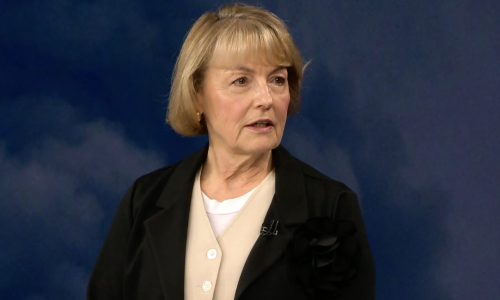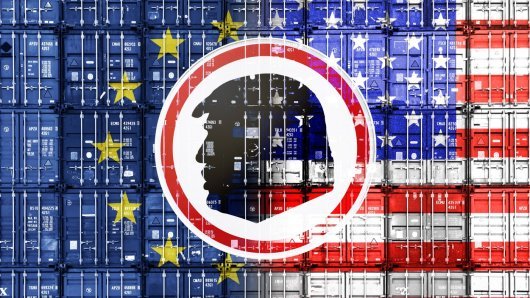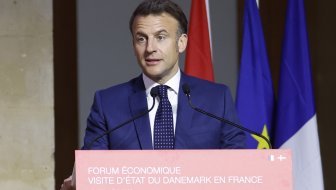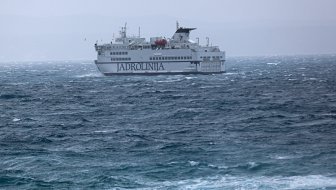Several EU foreign ministers welcomed the outcome of Sunday's EU entry referendum in Croatia ahead of a meeting of the EU Foreign Affairs Council in Brussels on Monday. The meeting was being attended for the first time by Croatia's Foreign and European Affairs Minister Vesna Pusic as an observer.
"I will inform my colleagues that Croatian citizens supported the European project with a two-thirds majority vote," Pusic told reporters before the meeting. "This is the first meeting of 28 ministers. I think it is a big step, and slowly we will move forward," she added.
The EU foreign ministers will discuss, among other things, progress in dialogue between Serbia and Kosovo. Pusic will not participate in that debate because under EU rules an observer country cannot participate in discussions on its neighbours.
Swedish Foreign Minister Carl Bildt said that today's meeting was very important because the Council would welcome the Croatian minister for the first time since yesterday's successful referendum. It's a big step for Croatia, a big step for Europe, and a big step for us all, he added.
British Foreign Secretary William Hague said that the successful referendum was good news for Croatia and for Europe, adding that it was the result of political courage and great determination. He said he was pleased that he would be able to welcome his Croatian colleague.
The EU High Representative for Foreign Affairs and Security Policy, Catherine Ashton, said she was pleased with the outcome of Croatia's EU membership referendum. It will be a great pleasure to have the Croatian foreign minister at the meeting of the Foreign Affairs Council, she said.
Belgian Foreign Minister Didier Reynders was also pleased with the referendum result. It's a good thing when a country meets accession criteria, especially one from the Western Balkans region which we will intend to integrate into the EU as soon as possible, he said.
The Council will discuss the possibility of imposing new sanctions on Iran for its failure to cooperate with the international community on issues relating to its nuclear programme. Also discussed will be the situation in Syria and Egypt, the Middle East peace process, the latest developments in Myanmar, Serbia, Kosovo, and Belarus, and tensions between Sudan and South Sudan.



































